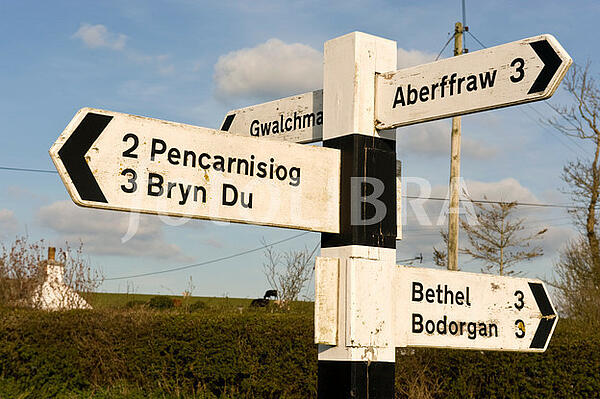Wales and Place Names
The history of place names in Wales can be traced back to the Iron Age, when the region was dominated by the Celts. While Anglo-Saxon and other invaders settled in other parts of Britain during the period between the fourth and 11th centuries, Wales became a distinct area of its own, with its own language and culture. So much so that when Wales was conquered and incorporated into the Kingdom of England, it managed to keep many of its distinctive features, including its language and place names.
There are many place names in Wales that reflect this history, containing ‘caer’ as a prefix, for example. This means ‘fort’ and was very significant across Wales during this time as that site would have had a castle or fortification.
Examples of such areas include:
- Cardiff, the Welsh capital, which means ‘fort on the river’.
- Caerleon-on-Usk means ‘fort of the legions’. The ‘leon’ comes from the Welsh ‘llion’, which means ‘legions’ and is a reference to Roman occupation in the area.
- Caernarfon means ‘fortress in Arfon’.
- Carnarthen means ‘fort at Maridunum’ or ‘sea fort’.
‘Pont’ is also commonly used, and means ‘bridge’. Examples include Pontypool or ‘bridge by the pool’ and Pontnewydd or ‘new bridge’.

There are some Welsh place names that are derived from Scandinavian words such as Swansea, which means ‘Sveinn Island’. However, there are some who believe it means ‘island of the swans’.
Milford Haven is also derived from Norse, with the ‘ford’ standing for ‘inlet of the sea’ while the ‘mil’ means ‘sand’. This means the basic meaning of the name is likely to be ‘sandy inlet’, while the ‘haven’ part wpuld have been added later to represent the calm the inlet provided for the ships.
Grassholm and Caldy are other Welsh place names with Scandinavian origins, meaning ‘grass island’ and ‘cold island’, respectively, as is Fishguard. The name Fishguard is believed to mean ‘fish enclosure’ in Old Norse, derived from the words ‘fiskr’ and ‘garthr’. This is thought to reflect the Scandinavian practice of keeping fish in an enclosure on the shore line so they can be eaten when required.
Beaumaris in Anglesey is one of very few Welsh places with a name of Norman origin, and means ‘beautiful marsh’. However, Anglesey itself is a Norse word that means ‘Ongull’s Island’.
One common prefix used around Wales is ‘llan’, which means ‘church’ in Celtic. There are many variations of this in Wales, including:
- Llanfair means ‘Church of St. Mary’.
- Llanfairfechan means ‘little church of St. Mary’.
- Llanfair Caereinion means ‘St Mary’s Church by the fort (caer) of Einion’.
- Llandovery means ‘church near the waters’
- Llanbedr Pont Steffan means ‘church of St. Stephen at Stephen’s bridge’. However, the name has been Anglicised and the name is better known as Lampeter.
‘Aber’ is another common prefix in Wales and means ‘river mouth’ in Celtic. Variations include:
- ‘Aber’ is another common prefix in Welsh place names. It means ‘river mouth’ and invariably has the name of the river after it.
- Aberystwyth means ‘mouth of the River Ystwyth’. This is probably a reference to the site of the old castle, which is at the mouth of the Ystwyth. The word ‘ystwyth’ itself means ‘winding river’.
- Abergele means ‘mouth of the River Gele’ but in this case ‘gele’ means spear and is a reference to the straight course the river runs.
- Abergavenny includes a variant of Romano-British in that ‘gavenny’ is from ‘Gobannion’ - the name means ‘river used by smiths’
See also:
MLA Citation/Reference
"Wales and Place Names". HistoryLearning.com. 2026. Web.
